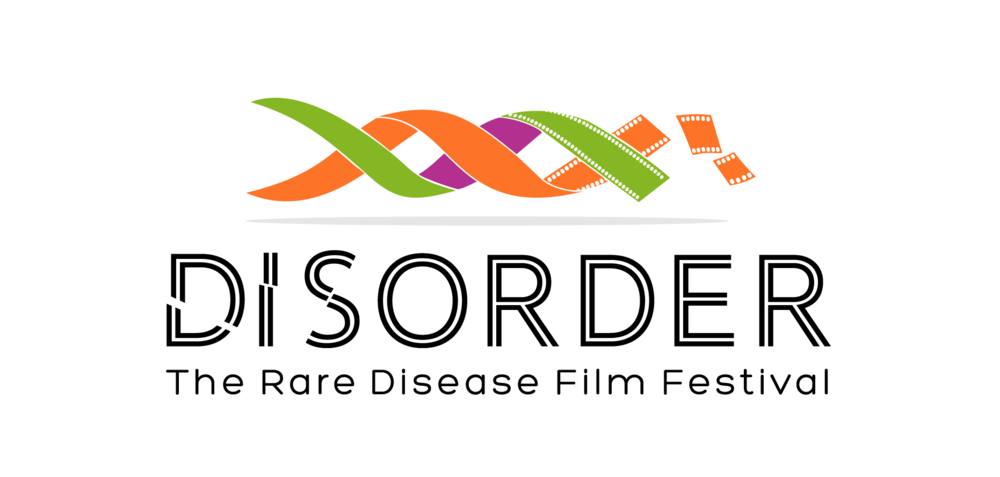I was thinking about the Biblical story of the Tower of Babel after it was mentioned in a Freakonomics podcast. If you remember the story, we humans working together as one with one voice had just reached our greatest height, literally. The highest tower, the most awe-inspiring achievement. And then we humans were afflicted with differences – the inability to understand and communicate with each other. Since those ancient times, the story suggests, humans have never again been able to work as well as one united population to achieve great things.
Guess where I'm going with this. We in the rare space can get super-focused on one area of interest. Business culture jargon calls them silos. A tall vertical tower that helps keep us on task but can prevent us from paying attention to efforts around us that might also be relevant to our goals.
Many of us on the patient advocacy side can be critical of the industry or research side getting trapped in their silos. It can go like this: “Why is company ABC only working on disease XYZ when my disease is so similar, and my need is just as dire?”
But we should turn that same critique back on ourselves as advocates. Are we working in (important, necessary) advocacy silos and sometimes forgetting to look outside them?
I'm not saying our silos are bad. They exist for a reason, chiefly: specialized problems require specialists to solve them. And if you advocate for a rare disease your first duty is to advancing treatment for that one disease. But I hope we can take the occasional peek outside of our silos to check in on the efforts of others around us. If you're a rare advocate of course you focus primarily or maybe exclusively on the disease that touched your life and drove you to advocate. For me that's Menkes Disease which will take my son's life one day. As much as I might talk about “rare” in the 7,000 disorders sense or 30 million people sense, any conversation with me that digs deeper tends to end up in my silo with me mentioning the need for copper transporter research or the ATP7A gene.
So all of this is to say, could we the advocates try to speak with one voice? Can we add the shared language of all rare into the mix of our existing, more disease-specific efforts? It seems to me that is the strategy that helps us reach great heights.
And if you think I've tortured this Tower of Babel metaphor too much, guess how many languages we humans ended up with – 7,000.
7,000.
And we have 7,000 rare diseases to advocate for. We've all heard this before but: alone we are rare, together we are powerful. We are 30 million Americans and nearly a third of a billion of us globally. Let's try not to babble. As best we can, let's try to raise one voice and reach great heights.

